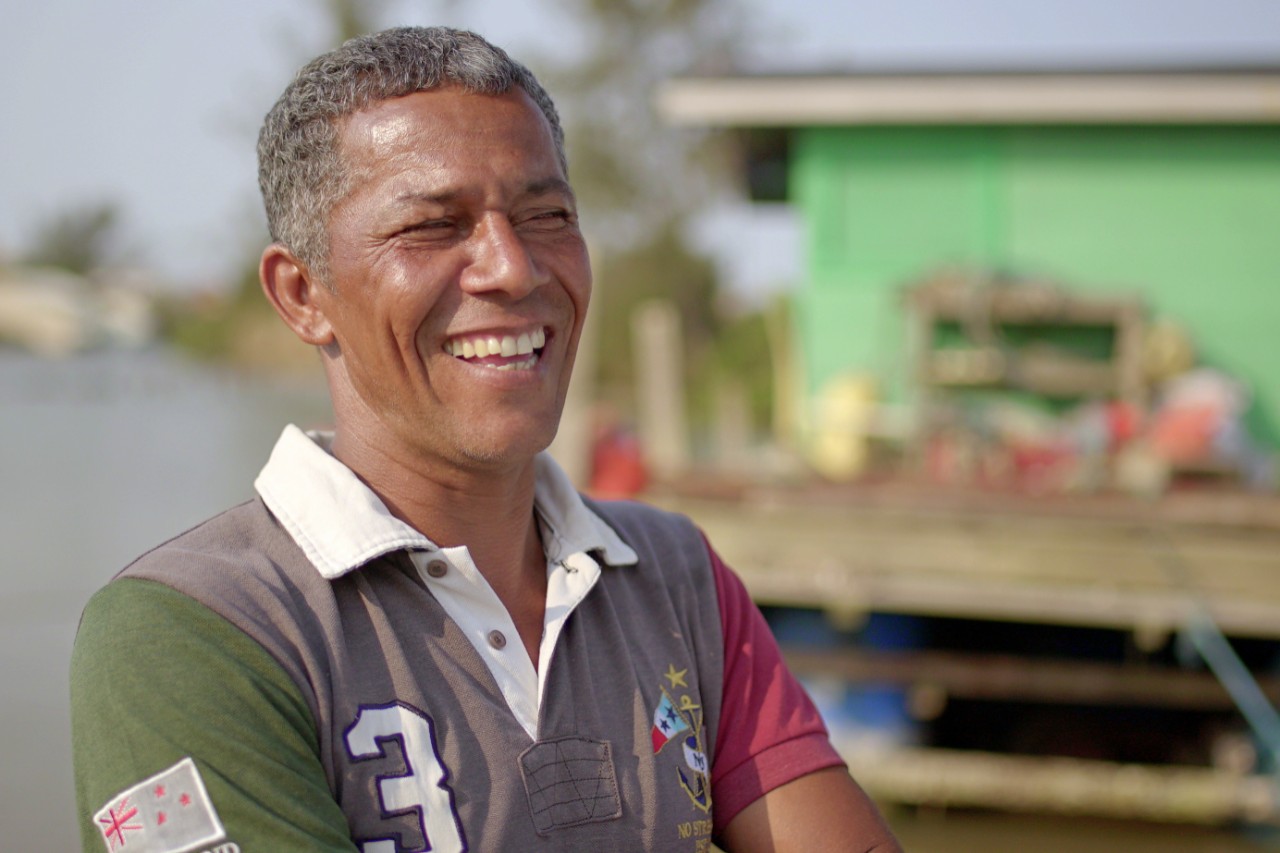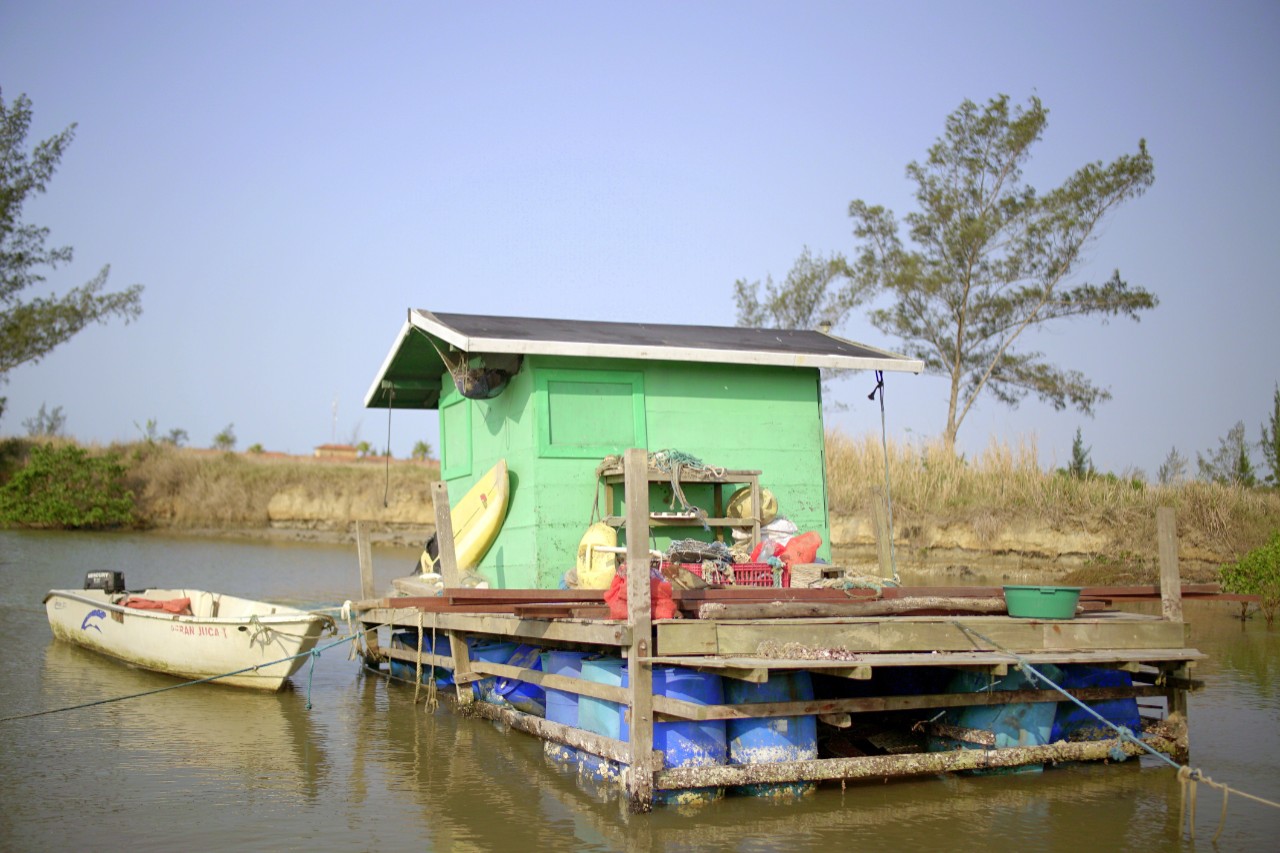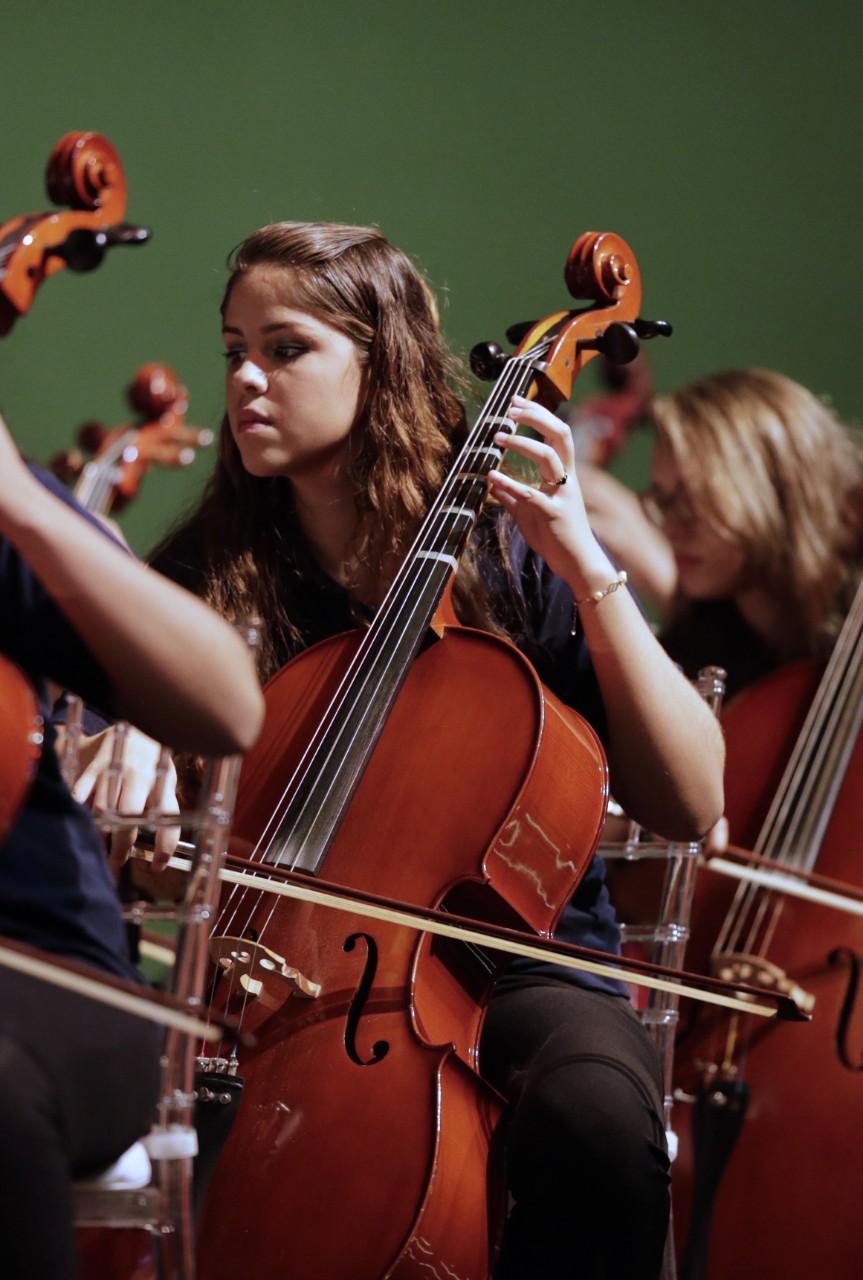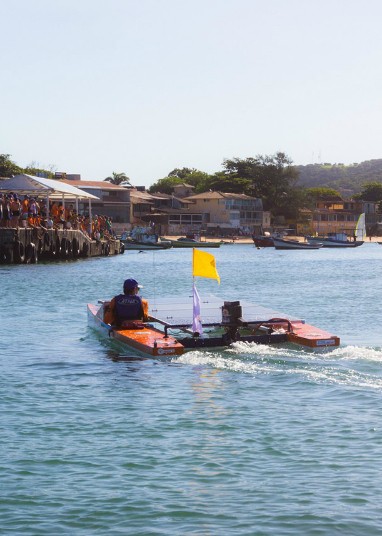“The small-scale fisherman today persists in the activity for love of the sea and of the profession. But we manage to catch fewer fish every time and end up having to think of alternatives in order not to completely abandon fishing. Truth is, many have already given up”
In recent times, though, the tide has started to rise for the fisherman with the creation of a Marine Farm in the region. Ever more popular as an alternative to extractive fishing, the farms help those who depend on the sea to work in a more sustainable way. Within these structures built in the sea, mussels, scallops and oysters are cultivated. After throwing back to the sea what they call seeds, small mussels are raised for months in a controlled environment. Only after fully grown they are harvested and sold at the location to Búzios visitors, inhabitants and businesses.
Created in 2010, the Marine Farm project of the Association of Aquaculture Workers was going through structural issues. The team believed that purchasing equipment and implementing a visitation routine would create new jobs, which would improve the quality of life of the people involved in sea farming.
“One of our biggest problems was the commute to the farm, which is 1.5km away from the inside of the Rasa Marina canal. We would make the journey by rowing with kayaks and surfboards, which was very tiring and represented a risk in days with strong winds and high waves. Acquiring a boat with a 15hp outboard engine was crucial to develop the cultivation,” says the fisherman, who leads the farming movement.
Another big issue for the sea farmers was the lack of infrastructure and equipment to facilitate the handling and daily work of cultivation, and also the lack of funds to buy the seeds.
“The fishermen are part of the history of Búzios and play a very important role in the local economic development. Through the Búzios Intelligent City Sustainable Relationship Network we learned about the project and were impressed by the will to innovate and to maintain the local fishing culture even when going through tough times. These are exactly the two factors that make the best entrepreneurs stand out: creativity and perseverance”
With Enel’s support, the Búzios Marine Farm raised the funds for the required investments. The project qualified to use a crowdfunding platform and for every real invested by a backer, Enel contributed with an extra real. Thus it was possible to double the total raised, enabling the fishermen to manage their business in a safer and more efficient way.
Throughout the campaign, three projects (including the Marine Farm) reached their minimum funding target and together they raised about R$32,000 for projects focusing on generating income and local development.





